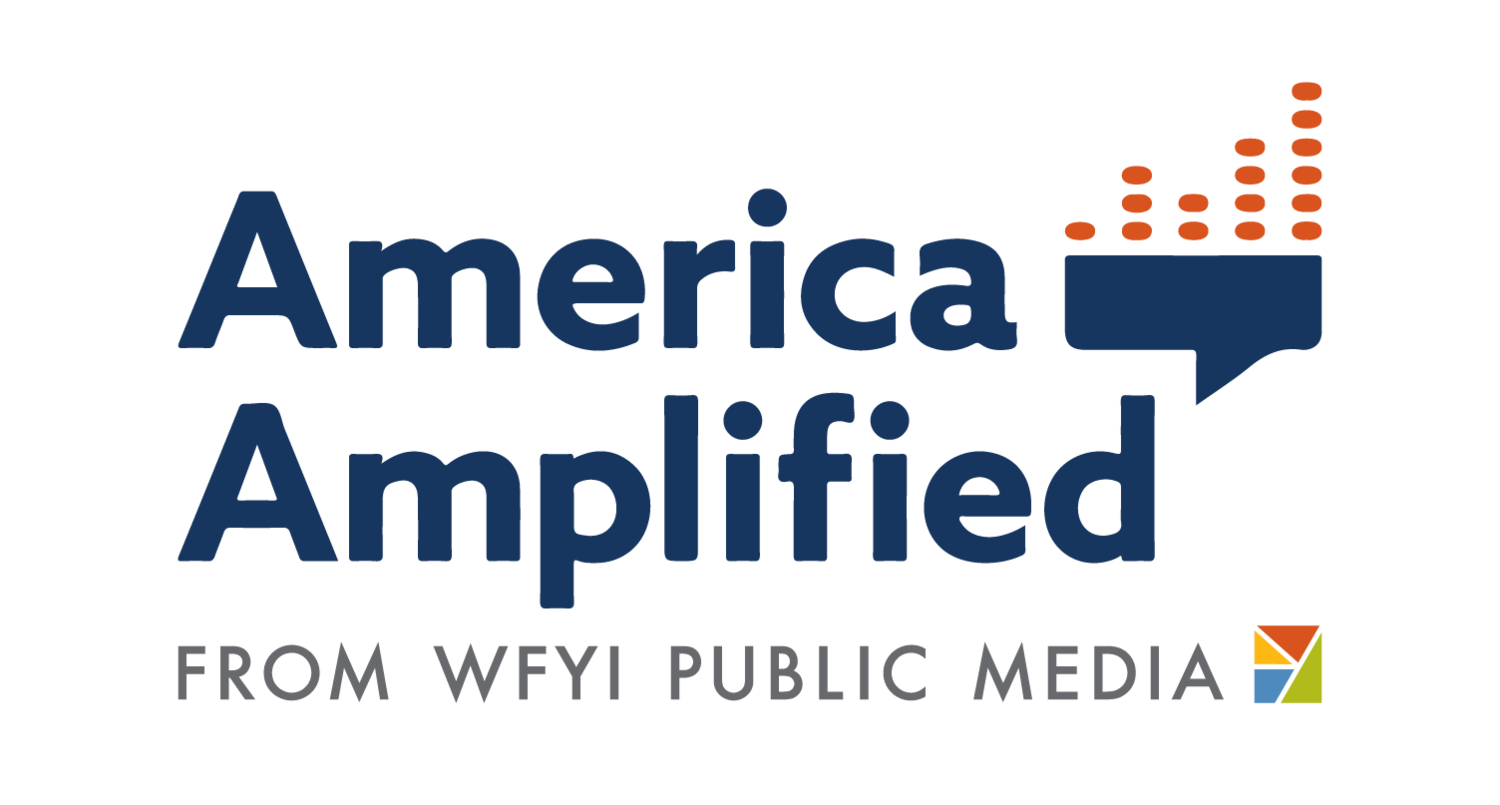What are America's worries and hopes? Polarization, economic fallout, community
Ed Mahon of PA Post reporting on Erie, Pennsylvania.
Megan Feeney of NET reporting on Nebraska.
Through our community engagement work with reporters this year, we hope to better understand our country’s concerns and aspirations.
Initially, we centered this work around discovering the issues facing communities across the country leading up to the November election. In the months since, a global pandemic and a renewed national uprising against racism have come to dominate the national conversation. What are they revealing about Americans’ needs and aspirations?
America Amplified is partly gaining this understanding with two “throughline questions” reporters ask as part of their engagement with their communities.
Our initial questions were:
What most concerns you about your community or the country this coming year?
What do you want people to know about your community?
Reporters and producers then fill out a survey with their observations.
With this process, we hoped to:
create a kind of “reporters’ notebook;” a place where reporters and editors can track who they talked to and what people shared, even if it doesn’t make it into a story right away;
use the findings to find in-depth or relevant stories in the communities the reporters are covering; and
discover themes and issues that are rising up across the country.
These themes emerged from the first few months of engagement:
Mental health and anxiety: As the pandemic stretches on, mental health issues have become a critical concern for many communities: loss of a senior year in high school, social isolation for people with depression or anxiety, seniors forced to be alone, parents struggling to educate and care for children after schools closed. How do we cope with grief, and how is that changing?
In Albany, Georgia, one of the first COVID-19 hotspots, a congregation that had suffered much loss talked with WABE about the difficulty of “mourning in isolation.”
The future of my town: How will small towns and larger economically struggling communities recover from this pandemic-induced recession? What is the future for rural America with a shrinking population? What about western towns that may be seeing unprecedented growth with “pandemic refugees”? What is the future for former Rust Belt towns, or coal communities, in the midst of a transition to an undefined future? Overall, people feel pride about and concern for their towns and communities.
In Nebraska City, Nebraska, tourism officials and small business owners told reporter Megan Feeney that they worried that they had built their tourism on small businesses, “What happens if small businesses can't make it?” they asked, and, “What will happen to tourism and what will be our next revenue to replace it?”
Political and cultural polarization: People are concerned about the polarized political environment and deepening divides they see in their own communities between people of different political stripes, different economic classes, different races. There is a desire to find common ground, with a recognition that many communities find a strong sense of unity in the face of disasters.
Dara Devlin in Erie, PA told reporter Ed Mahon: “More than ever, it almost seems as if there's no gray in anything, it's, you're for or against. It's black, or it's white. And I don't think that's how the world works. And I'm concerned that it seems that more and more people are going farther to one end of the spectrum or the other.”
Voices unheard: There is a widespread concern that we’re truly not hearing the voices of some community members — people of color, people in small towns with no local news outlets, the elderly living in senior facilities, young people.
YahMoorah Shakoor-Hooker of Erie told Ed Mahon, “I'm not able to go out and serve my community as I wish because of COVID. And then on top of not feeling like our voices are being heard ...There's always been that group that has the ear of those that are able to make those policy changes. And I wish more younger people had those opportunities as well.”
Many of these themes have been revealed in stories our partners have produced, particularly the audio diaries throughout the pandemic and anti-racism protests: Audio diaries from across the country have revealed the anger and frustration of Black communities — powerful voices that are rarely heard by mainstream public radio audiences.
As Avery Marshall of Tulsa put it: “It’s not easy being a black man in a world that hates you without knowing you.”
We also showcased stories in which high school seniors reflect on their lost graduation or where individuals discuss the anxieties and depression suffered as a result of longterm social distancing.
As part of our rural spotlight series, stories have dug into the deep-seated racial or political divides in communities across the country.
Now, as the election nears, we are modifying our throughline questions to focus more on the voting process and the state of an engaged democracy.
Here are the new questions we’d love America Amplified journalists to ask and then record the answers here.
Where do you get your news and information?
What has been your experience with voting this year, or in years past?
We expect we’ll learn the unexpected.



